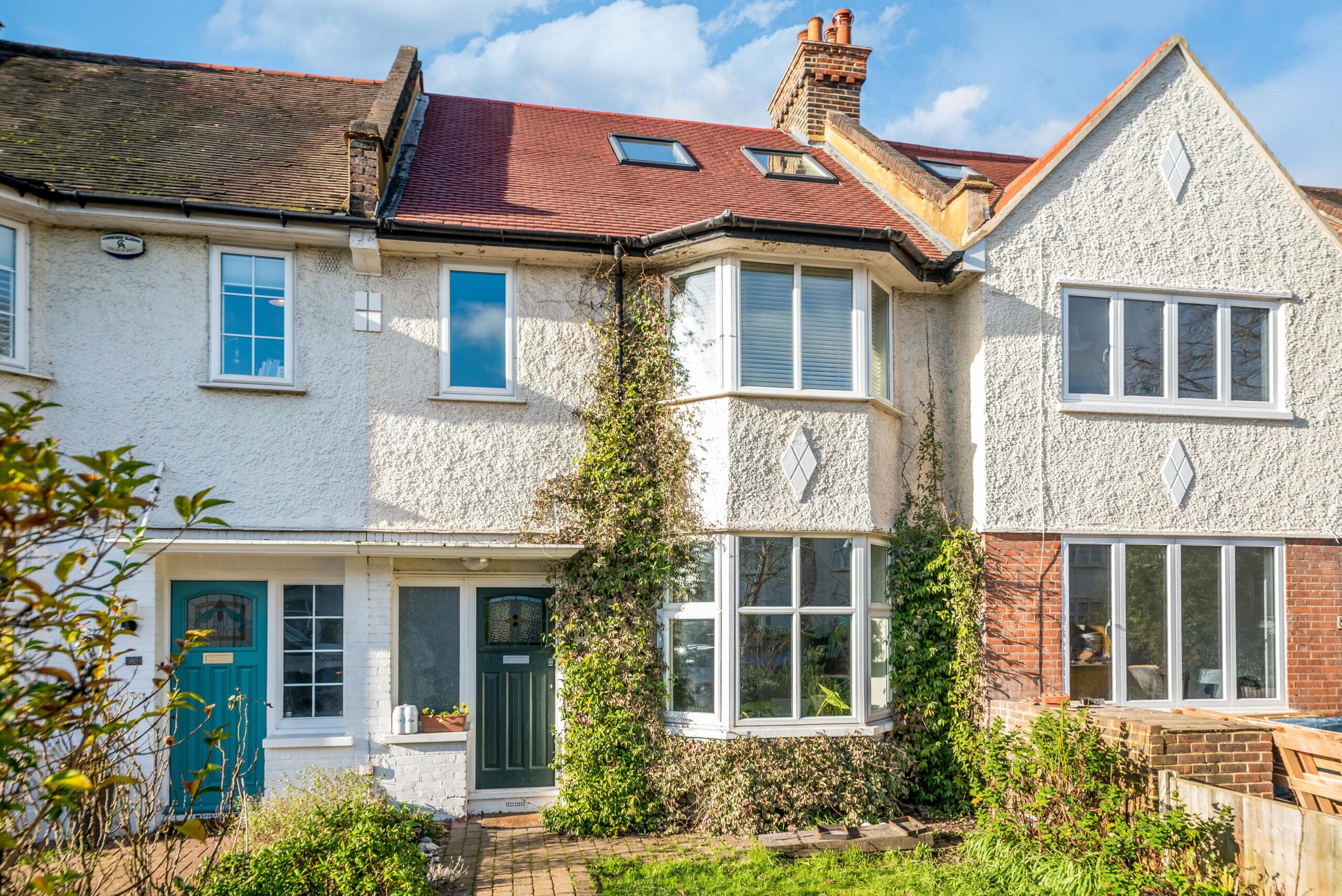
Party Wall Agreements
A party wall agreement is a legally binding document that establishes the rights and responsibilities of property owners when undertaking building work that directly affects shared walls, boundary structures, or the construction of new walls adjacent to neighboring properties. This agreement is an essential element of property development and renovation, ensuring that all parties involved are aware of their rights, obligations, and the potential risks associated with construction activities close to or on shared boundaries. The primary purpose of a party wall agreement is to prevent disputes, resolve conflicts amicably, and provide a clear framework for carrying out works without infringing on neighboring properties or causing damage.
The context in which a party wall agreement is required usually involves a range of building projects, including loft conversions, extensions, basement excavations, or installing new structural elements such as walls or foundations that abut or are within a certain distance of a neighboring property. Under the Party Wall Act 1996, property owners are legally obliged to notify their neighbors if the proposed work falls within specific criteria, and a formal agreement must be reached before construction begins. This legal requirement helps to safeguard homeowners’ interests, prevent costly legal conflicts, and promote a fair and transparent process for everyone involved.
To initiate a party wall agreement, the property owner planning to undertake the work—referred to as the “building owner”—must serve written notices to all neighboring property owners affected by the planned construction. These notices must be sufficiently detailed, outlining the nature of the work, the proposed start date, and the duration of the project. The neighboring owners then have a statutory period, typically 14 days, to respond. They can either agree to the work as described or serve a formal counter-notice if they have objections or wish to suggest modifications. If the neighbors agree, the parties can proceed with a simple written agreement, often drafted with the assistance of a surveyor or legal advisor. If disagreements arise, the process may escalate to formal dispute resolution mechanisms, such as appointing surveyors to prepare a Party Wall Award.
A Party Wall Award is a formal document that records the rights, responsibilities, and safety precautions for the work to be carried out. It typically covers details such as safety measures, scope of work, access rights, and steps to safeguard neighboring properties. This award is binding and can be legally enforced if either party breaches its terms. Usually, each side appoints a surveyor—referred to as a “party wall surveyor”—or both sides appoint a single surveyor acting impartially. The surveyor’s role is to assess the work’s impact, ensure compliance with the law, and help draft a fair agreement that balances the interests of both property owners.
An important aspect of party wall agreements is the requirement for proper planning, risk assessment, and insurance. Property owners must ensure their contractors are aware of the legal obligations, and adequate insurance coverage is in place to cover potential damage or accidents. The agreement itself will specify how damages or disputes are to be handled, and it often includes clauses to manage disturbances such as noise, dust, and access restrictions. Because construction near shared walls or boundaries can potentially cause damage, the agreement also emphasizes the need for careful work, proper support, and temporary protective measures to prevent structural issues or nuisance to neighbors.
It’s worth noting that not all work necessarily triggers the requirement for a party wall agreement. Minor repairs, internal alterations, or work that does not extend beyond the property boundary or affect shared structures typically do not require formal notification. However, when in doubt, property owners should consult professional surveyors or legal experts familiar with the Party Wall Act to confirm whether a formal agreement is necessary. Failing to serve proper notice and obtain the required agreement can result in legal penalties and orders to halt work, which can cause delays, additional costs, and escalating disputes.
The importance of a party wall agreement extends beyond legal compliance. It fosters good neighborly relations by encouraging clear communication, mutual understanding, and transparency before commencing work. It provides peace of mind to both parties, knowing that the scope and safety of the project are well-documented and agreed upon. It also offers legal recourse if disagreements or damages arise during or after construction, preventing misunderstandings from escalating into costly disputes in court.
In conclusion, party wall agreements are fundamental to the legal and practical management of building projects that affect shared boundaries or structures. They protect property owners’ rights, promote cooperation, and minimize risks associated with construction work neighboring existing structures. Whether you are planning a loft conversion, extension, or any other significant alteration impacting shared walls or boundaries, understanding the requirements, responsibilities, and process for establishing a party wall agreement is essential. Consulting experienced surveyors, legal professionals, or the Local Authority can help navigate this process effectively, ensuring your project proceeds smoothly, lawfully, and with good neighborly relations preserved throughout.

